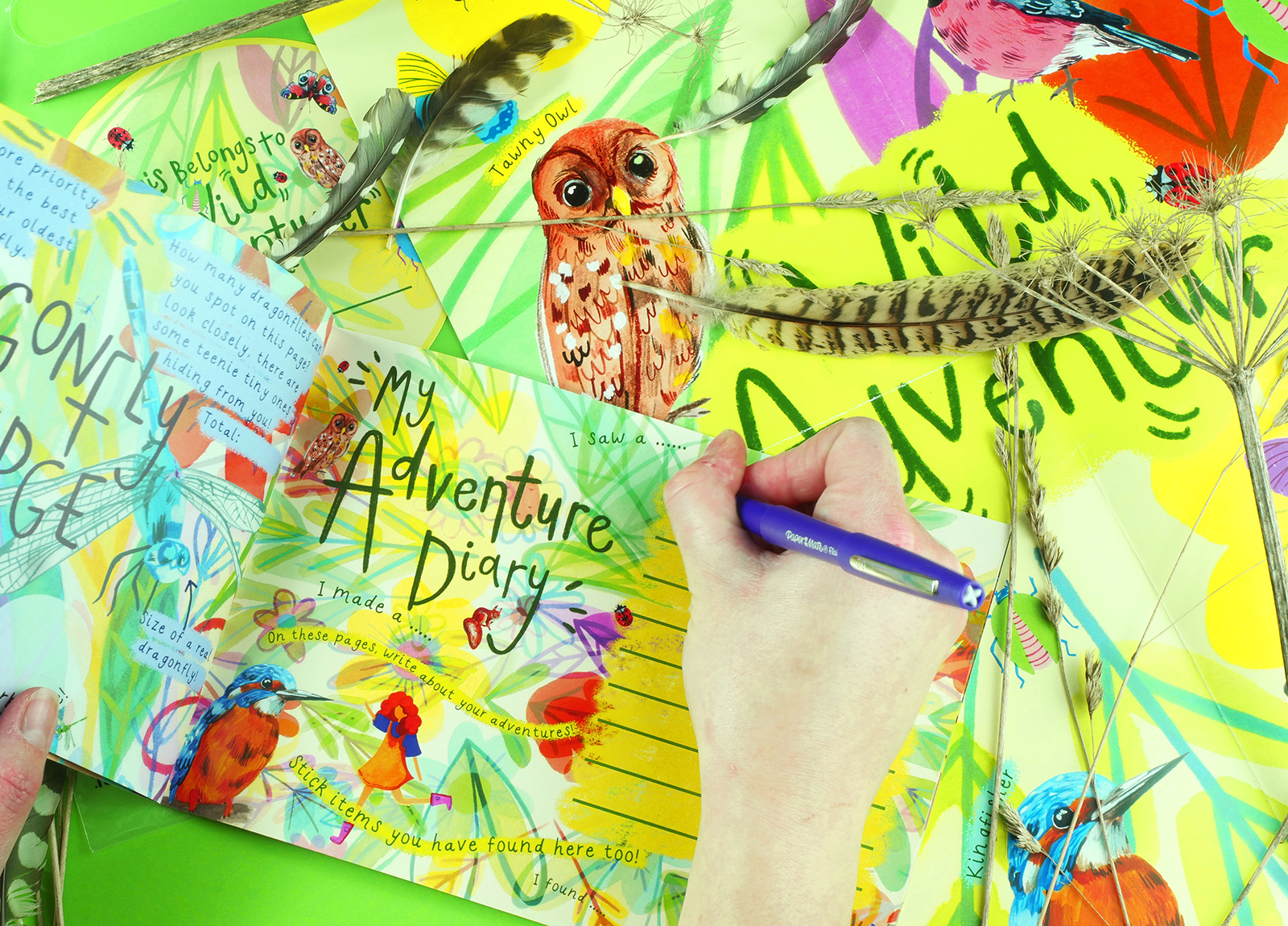
Illustration MA
Develop and evolve your unique visual language to challenge conventions and expand the practice of contemporary illustration.
-
Course Duration
Full-time 1 year
-
Annual Fees
- Home (full-time) £11,000
- Overseas (full-time) £24,000
-
Course Start
September 2026
- How to Apply Request a prospectus (opens in a new window)
Our MA in Illustration welcomes a diverse range of design practitioners who want to expand their practice as critically engaged communicators and visual thinkers able to adapt to a rapidly changing professional landscape.
Supported by a team of professional illustrators and academics, you will be encouraged to explore the development of your visual language and your position within this dynamic and expansive discipline. By challenging your perspectives and exploring illustrative practices from a global viewpoint, you will engage in high-profile live assignments and independently driven research projects, shaping and defining your unique authorial voice. You’ll enhance your visual thinking, research and storytelling abilities, applying these skills to resolve complex issues systematically and creatively. Supported by our team of experts, you’ll be encouraged to take creative risks and push your work in new and exciting directions.
The course will challenge you to critique the discipline, questioning norms and considering how illustration practice can be reimagined to support a more inclusive future. You will consider the role of the illustrator within the current landscape of artificial intelligence and machine learning. At the core of the course is the consideration of the social and ethical implications of your work, ensuring you are well-equipped to navigate and influence the evolving world of illustration.
Why study with us
-
Advanced technical skills
Develop expertise in a wide range of media and methods, creating sophisticated analogue and digital illustrations that reflect your unique voice and style.
-
Interdisciplinary approach
Benefit from collaboration with other postgraduate courses within media and visual communication, fostering a multidisciplinary environment that enhances your learning experience.
-
Professional-level resources
Utilise contemporary technology and industry-standard tools, including design studios, media labs, 2D & 3D workshops, licensed specialist software, and a media resource centre. These resources support you in transforming ideas into tangible outcomes and crafting practical solutions to project briefs.
-
Ethical and inclusive research
Adopt an ethical approach to your work, focusing on social and ethical implications, accessibility, diversity, equality, and sustainability within illustration practice.
-
Professional portfolio development
By the end of the course, create a professional body of work that reflects your interests and prepares you for industry, enhancing your ability to visually communicate research and ideas.
-
Innovative problem-solving
Engage with complex visual and conceptual problems through project-based learning, promoting original and innovative approaches to illustration and professional practice.
Course Details
This programme is a one-year course including 30 weeks of direct teaching time and a 15-week final project. You will need to complete five units and one 60-credit major project (180 credits in total). All units on the course are compulsory and must be passed in order to complete the award. If you study part-time your modules will be split across two years. Full course details, including aims and assessment criteria, will be provided in the course specification upon validation.
Core practice and context in Illustration (60 credits)
This unit launches your master’s study experience at Norwich, immersing you in contemporary illustration practices and theories. The focus will be on developing skills that inform and expand your creative practice through purposeful visual storytelling and communication. Research-led projects will immerse you in contemporary and core mark‐making skills building your confidence in conceptual and practical problem-solving. You will experiment with mixed media processes and materials, exploring the boundaries of illustration alongside related fields. The unit includes observational drawing, character development, and emerging technologies such as AR/VR/AI. Iterative experimentation and critical reflection will strengthen your working methods and refine your practice within broader conceptual and ethical frameworks.
Advanced technical skills in Illustration (20 credits)
This unit focuses on the advanced technical skills essential for idea generation, problem-solving, and practical development in illustration. You’ll experiment across a range of media and processes, enhancing your practice for effective communication. Both individual projects and group collaborations will be explored, with regular presentations and discussions supporting critical reflection and analysis. Through project work, you’ll investigate innovative technical processes, expanding communication and creating advanced creative solutions. Developing content using contemporary and emerging media platforms and technologies, you’ll engage in practice-based research to push the boundaries of different media environments. The unit includes observational drawing, colour theory, Adobe Suite, animation, mixed media, and emerging technologies like AR/VR/AI. Through continuous technical experimentation and critical reflection, you will enhance your knowledge in the emergent skills required to imagine and realise effective illustration for a range of audiences.
Dialogue, debate, and domain knowledge in Illustration (10 credits)
This unit encourages exploration of leading practices and emerging research in illustration through reflective analysis and interactive sessions. You’ll develop a critical understanding of your discipline within socio-economic, political, ethical, and cultural contexts, exploring themes like design history, identity, visual language, design psychology, semiotics, and media theory. You will be supported in developing a variety of research approaches, utilising discursive interaction to inform your inquiry methods and push your creative boundaries to inspire new perspectives on illustration.
Professional technical skills in Illustration (20 credits)
This unit focuses on professional-level technical skills essential for idea generation, problem-solving, and practical development in illustration. You will experiment with various media to support personal and professional growth, building from the ‘advanced technical skills’ unit. Through individual and group projects, you’ll refine technical processes and explore innovative solutions to enhance your creative capabilities. The unit includes observational drawing, colour theory, composition, Adobe Suite, animation, motion graphics, type and lettering, mixed media, and emerging technologies like AR/VR/AI. Individual and group projects will refine your technical skills within illustration and enhance your problem-solving abilities, allowing you to fully develop and apply advanced creative thinking in practical contexts.
Advanced critical context in Illustration (10 credits)
This unit enhances your knowledge of leading practices and emerging research in illustration. By developing effective research and reflective strategies, you’ll improve your comprehension of methodologies and gain insights into creative communication within socio-economic, political, ethical, and cultural contexts. Building on the ‘dialogue, debate, and domain knowledge’ unit, you’ll explore themes like design history, identity and representation, visual language, design psychology, Gestalt psychology, semiotics, consumption, globalisation, and media theory. You’ll refine your research approach by formulating relevant questions and examining interdisciplinary boundaries. Through rigorous analysis and research-led projects, you will enhance your ability to integrate conceptual understanding with practical problem-solving, positioning yourself as a critically engaged and reflective practitioner.
Major project (60 credits)
This unit forms the culmination of your master’s study, in which you will design, develop, and execute an individual or collaborative major project. Through careful planning and organisation of activities, time, and resources, you will create a research question, design a viable project to test your hypotheses, and work towards innovative outcomes with feedback from tutors and industry professionals. Throughout this unit, you will continue to deepen your understanding of the historical, theoretical, cultural, technical, and economic contexts surrounding your discipline. Indicative fields of study may include editorial, documentary, animation and moving image, visual communication, and new forms for illustrative practice. Identifying relevant industries, audiences, and stakeholders, you’ll explore challenges related to social and environmental sustainability your project aims to impact. Research-led practice will enhance your ability to synthesise experiments into complex creative outcomes that reflect your chosen pathway and express an original, personal and professional identity.
Download course specifications
Learning and teaching
The course is delivered through a variety of engaging learning and teaching methods.
-
Lectures
-
Seminars
-
Tutorials
-
Technical labs
-
Independent and group work
Assessment
Our assessment methods will vary based on the unit you choose and provide a comprehensive measure of your learning and progress. These methods may include:
- Critically reflective essay
- Course work
- Presentations
- Learning journal
- Reflective evaluation
- Body of creative work
- Reflective research report
- Team project evaluation
- Major project
- Supporting documentation
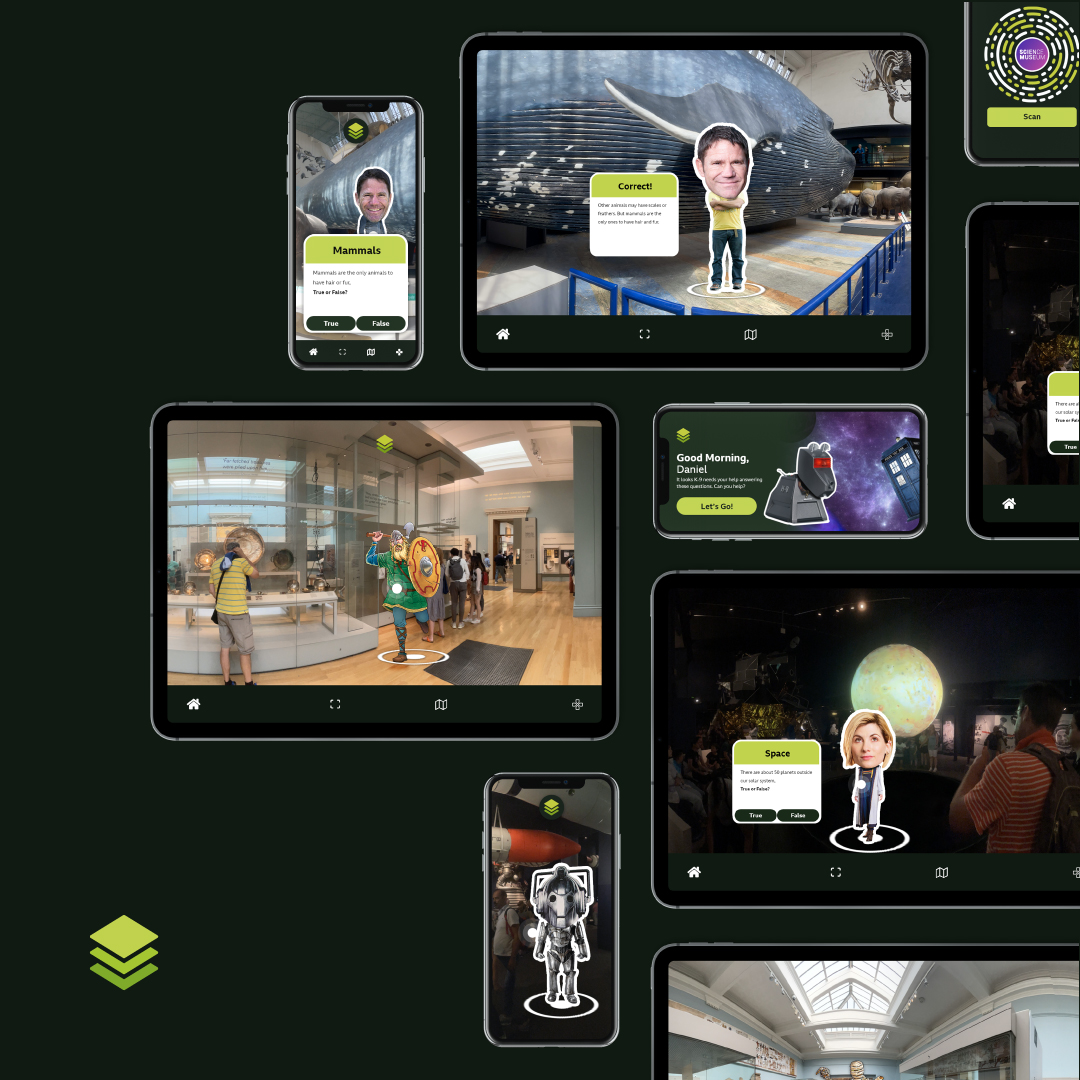
Typical career paths
Our illustration community has a long history and reputation at Norwich. This course will equip you with strong creative and problem-solving skills, preparing you for a broad range of roles in illustration – either freelance or as a creative team member. Upon completing this course, you’ll possess the practical skills needed to thrive in the commercial world and the communication abilities to effectively showcase your work. You’ll be able to establish yourself as a creative professional, giving you a distinct advantage in the competitive fields of illustration or art. When you graduate, you may be qualified for a broad range of careers.
- Animator, storyboard artist and digital illustrator
- Graphic/editorial designer
- Art director
- Comic book or graphic novelist
- Freelancer
- Creative consultancy
- Creative developer
- Art teacher/lecturer
The UK’s creative sector is thriving, contributing £111.7 billion annually to the economy and offering over 2 million jobs.
Department for Digital Culture Media and Sport (DCMS)
Entry Requirements
Entrants should normally have achieved a BA (Hons) / BSc Degree of 2:1 or above (or its equivalent), in advertising, art or design (such as graphics, photography, film studies), psychology, marketing, business, english, sociology, or philosophy.
Those with industry experience or relevant skills from non-traditional backgrounds are encouraged to apply, including individuals currently employed. If you’re unsure about your eligibility, please contact us for guidance before applying.
English language requirements (International/EU)
If English is not your first language, IELTS 6.5 (or equivalent) is required, with a minimum of 5.5 in reading, writing, listening, and speaking. we also accept other English language qualifications.
International Qualifications
We accept a wide range of qualifications from all over the world.
For information on entry requirements from your country, see our international pages.
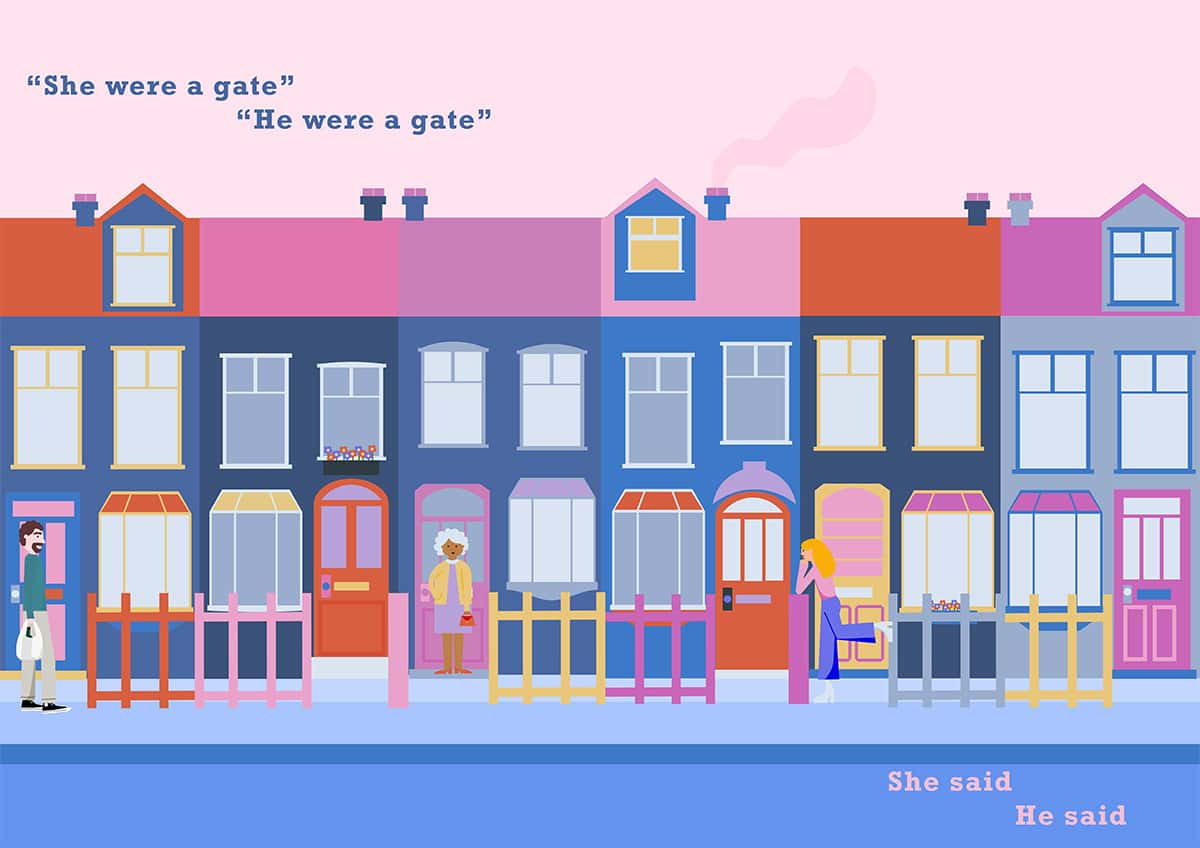
Fees and funding
Home
Tuition fees for the 2026/27 academic year
- Full time: £11,000
The level of fee that you will be asked to pay depends on whether you’re classed as a UK
(home) or international student. Check your fee status.
Fees for subsequent years
The rules for inflation on fees in subsequent years depend on the type of fee status and level
For Home and overseas postgraduate degree students starting in 2026, fees will remain the same for each year of your course.
Funding your study
Depending on your circumstances, you may qualify for a bursary, scholarship or loan to help fund your study and enhance your learning experience. Find out more about scholarships and funding.
International
Tuition fees for the 2026/27 academic year
- Full time: £24,000
The level of fee that you will be asked to pay depends on whether you’re classed as a UK
(home) or international student. Check your fee status.
Fees for subsequent years
The rules for inflation on fees in subsequent years depend on the type of fee status and level
For home and overseas postgraduate degree students starting in 2026, fees will remain the same for each year of your course.
Funding your study
We offer a range of scholarships and bursaries for international students. To find out more and see if you’re eligible, please visit the scholarships for international students page.
Additional costs
Your course fees cover the cost of studies, and include loads of benefits, such as the use of our library, support from our expert employability team, access to workshops and free use of the IT equipment across our campuses. There are also other costs which you may need to consider.
How to apply
Home
Applications to our postgraduate courses should be made directly to Norwich University of the Arts using a Postgraduate Application Form.
Applications should be returned to admissions@norwichuni.ac.uk
Please see our Terms and Conditions and Admissions Policies for further details.
International
Postgraduate applicants can only apply directly by completing the below online application form or emailing the downloadable form to ioadmissions@norwichuni.ac.uk
International students requiring a visa should apply as soon as possible in the year they wish to start. Email our International Team for more information. Please see our Terms and Conditions and Admissions Policies for further details
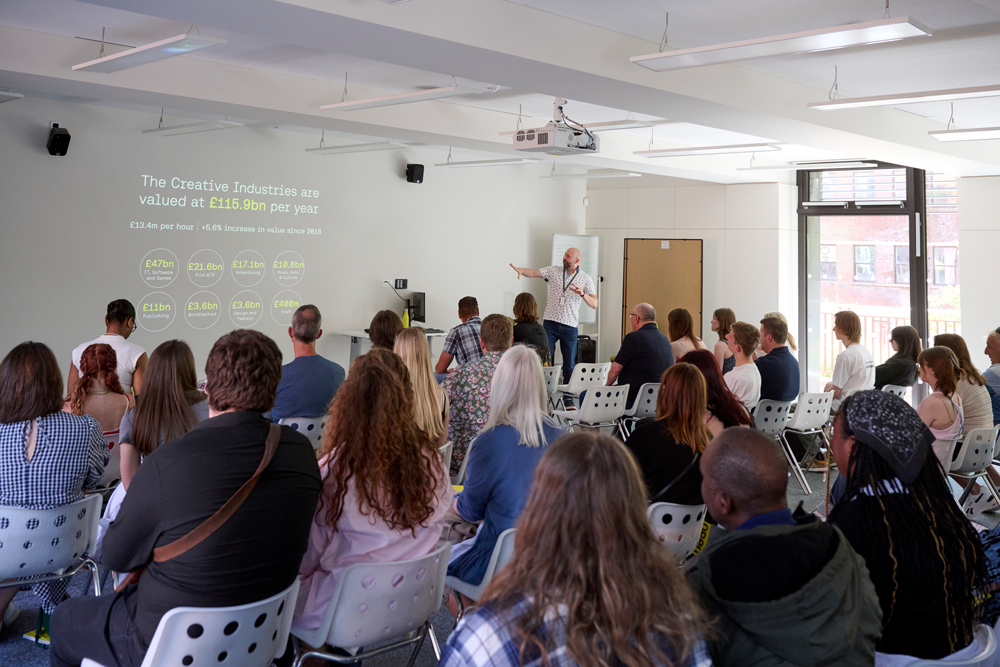
Latest news
-
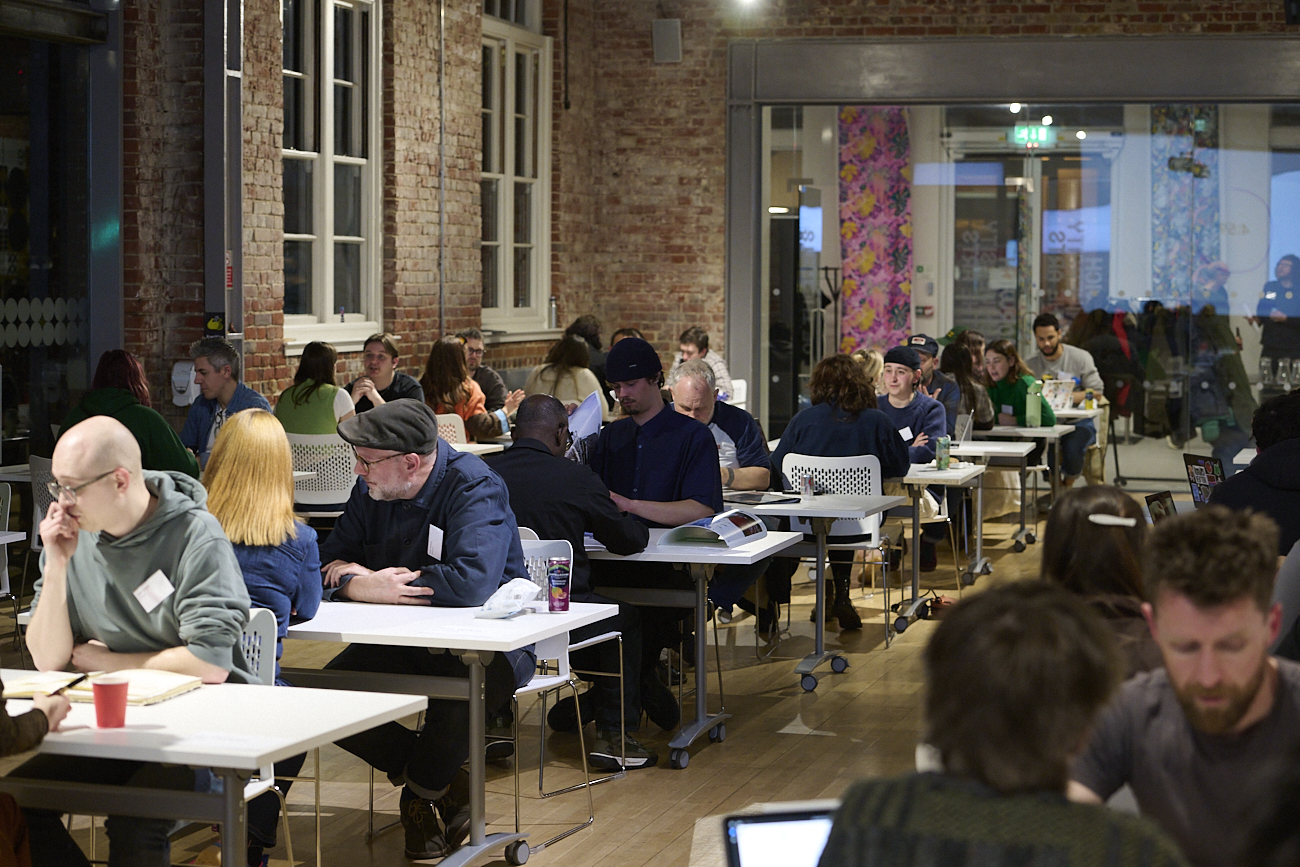 Employability •
Employability •Norwich University of the Arts celebrates 10 years of the Big Book Crit
Hundreds of Norwich students have shared their work with leading creative professionals over the last decade. -
 East Gallery •
East Gallery •Announcing the East Gallery Fellows 2025-2026
Norwich University of the Arts is pleased to announce the selected awardees of this year's East Gallery Fellowship. -
 BA Business Management •
BA Business Management •Dean of Creative Education Awarded Prestigious Principal Fellowship from Advance HE
The University is delighted to announce that Hilary Carlisle, Dean of Creative Education and Professor of Design, has been awarded Principal Fellowship of the Higher Education Academy (PFHEA) by Advance HE -
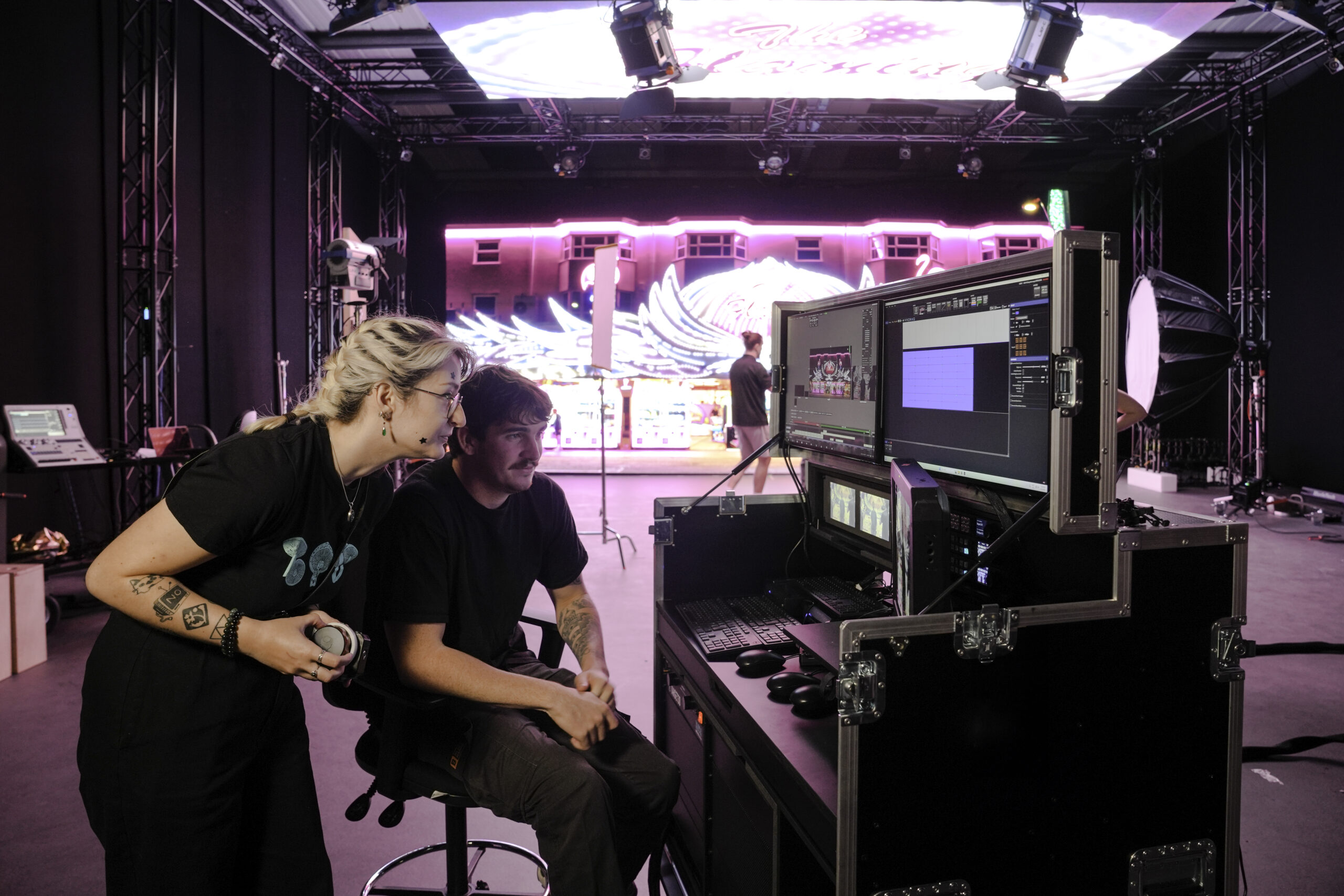 BA Degree •
BA Degree •Norwich University of the Arts to Host ELIA Academy 2027
Norwich University of the Arts is delighted to announce that it has been selected as the host institution for the ELIA Academy 2027. -
 BA Business Management •
BA Business Management •In conversation with Norwich’s newest lecturers in Marketing and Business Management
We joined Norwich's newest lecturers, Stephen Balmer-Walters and Laurie McAllister, to find out more about the University's Marketing and Business Management courses. -
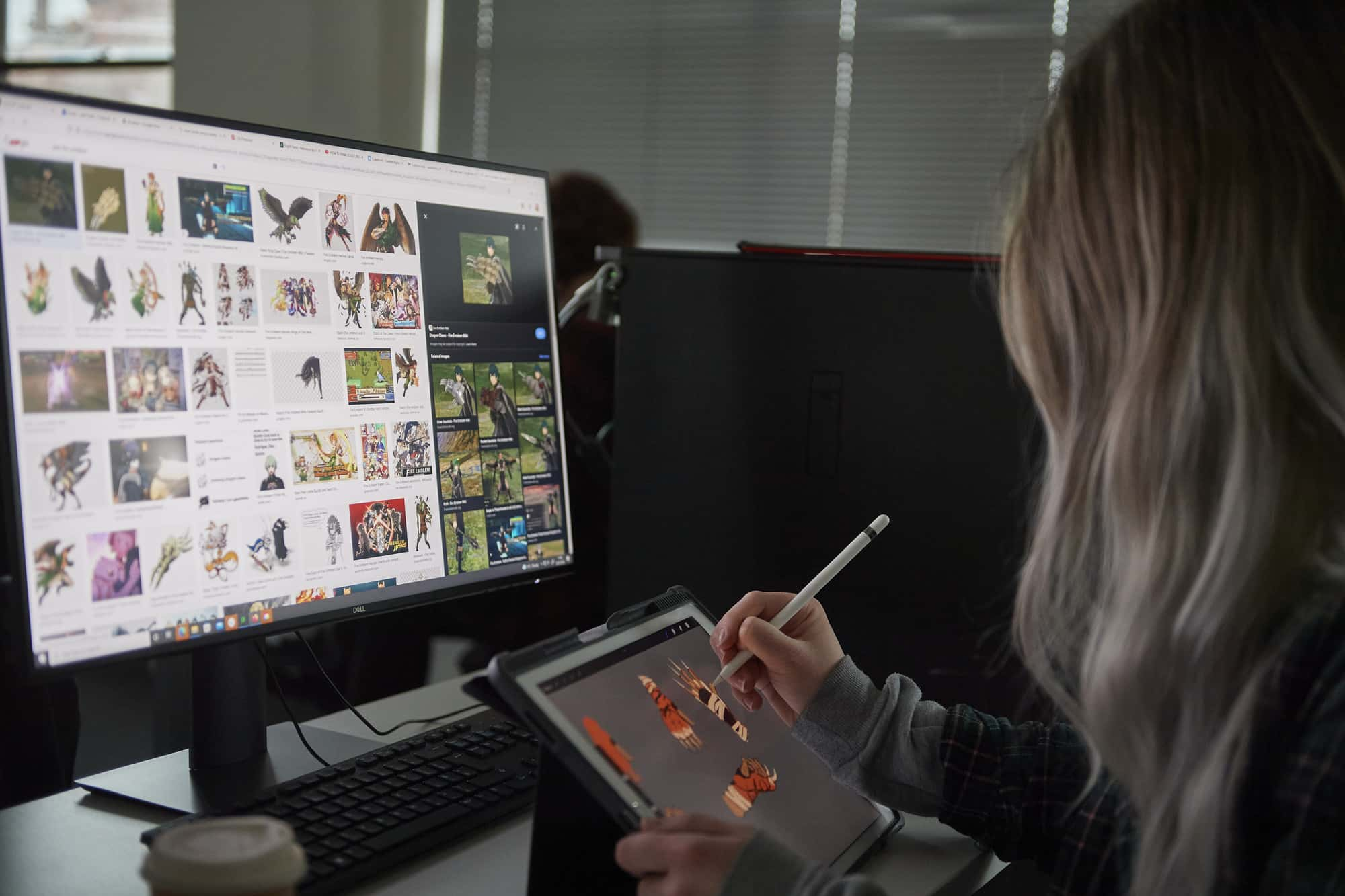 BA Games Art and Design •
BA Games Art and Design •East of England set to become UK’s next Games Cluster, says landmark report
A major new report is calling for the creation of a Games Cluster for the East of England — positioning the region as a national leader in creative technology and immersive media. -
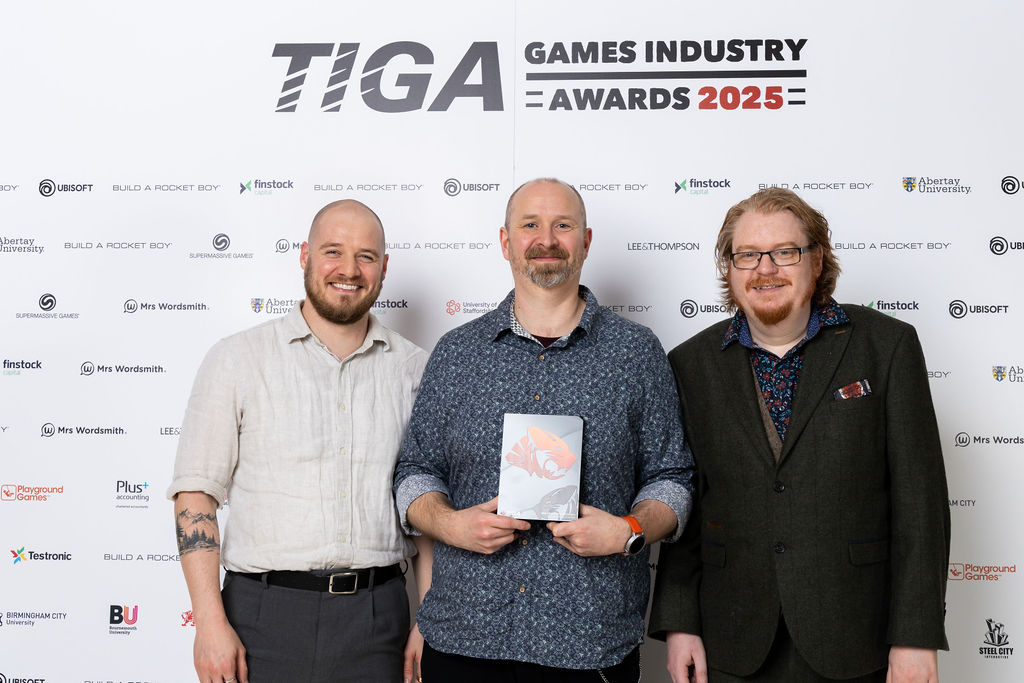 BA Games Art and Design •
BA Games Art and Design •Norwich awarded Best Education Initiative at the TIGA UK Games Industry Awards
TIGA, who represent the UK video games industry, have recognised the University’s commitment to graduate success and industry-focused learning in their 2025 awards. -
 BA Animation •
BA Animation •Cutting edge Sony Virtual Production Studio puts Norwich on the map for the future of film and gaming
Norwich University of the Arts and Sony open new landmark facility for students, creators and the community. -
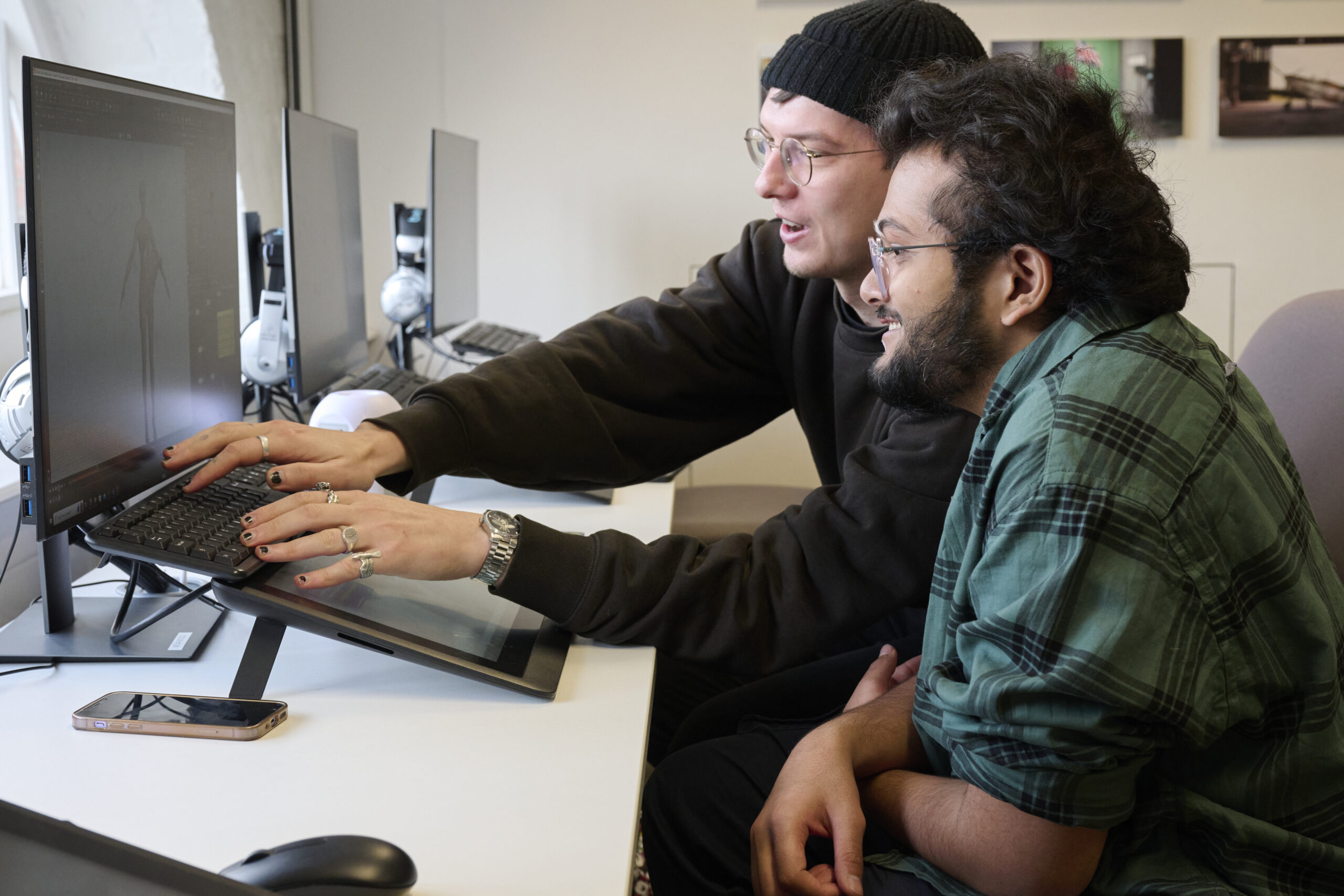 BA Animation •
BA Animation •Norwich named top UK university for production excellence in visual effects
The University has been placed in three categories in the 2025 Rookies Global School Rankings, including the top five for Production Excellence – Visual Effects. -
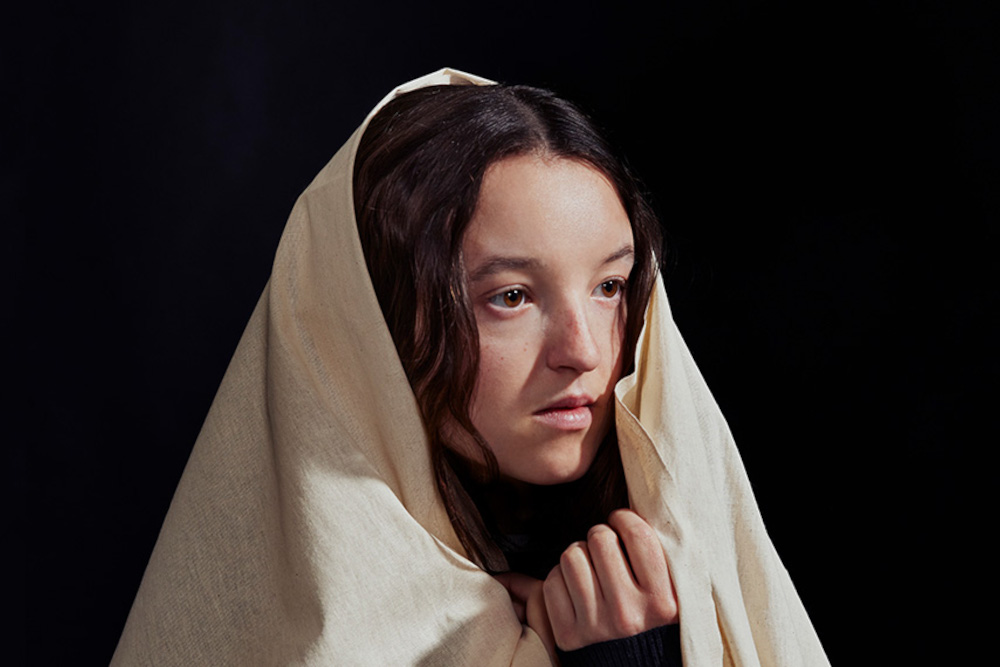 BA Photography •
BA Photography •Entries open for Norwich's 2026 Beyond the Frame photography competition
Entries are now open for our annual photography competition, open to students aged 11 to 19 around the world. -
 BSc Degree •
BSc Degree •Norwich University welcomes new academics to its Psychology and Computer Science courses
Lyndsey Wallace joins the University as Senior Lecturer for BSc (Hons) Psychology, with Jawwad Chattha joining as Course Leader for BSc (Hons) Computer Science. -
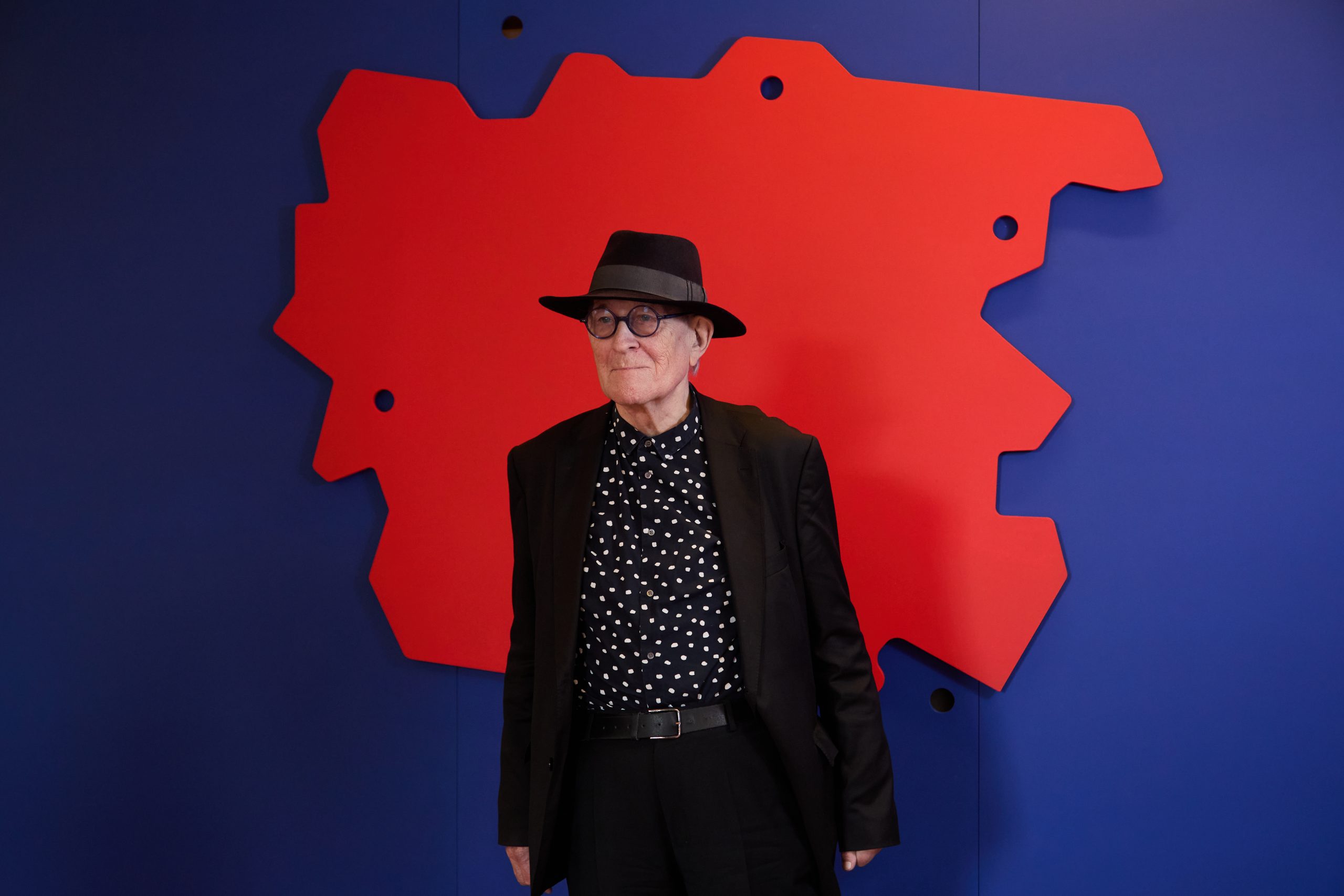 BA Architecture •
BA Architecture •Norwich University of the Arts presents the Peter Cook: Wonder Hub
Norwich University has launched the Peter Cook: Wonder Hub, a vibrant and interactive space for thinking, making, showcasing and debating the creative arts. -
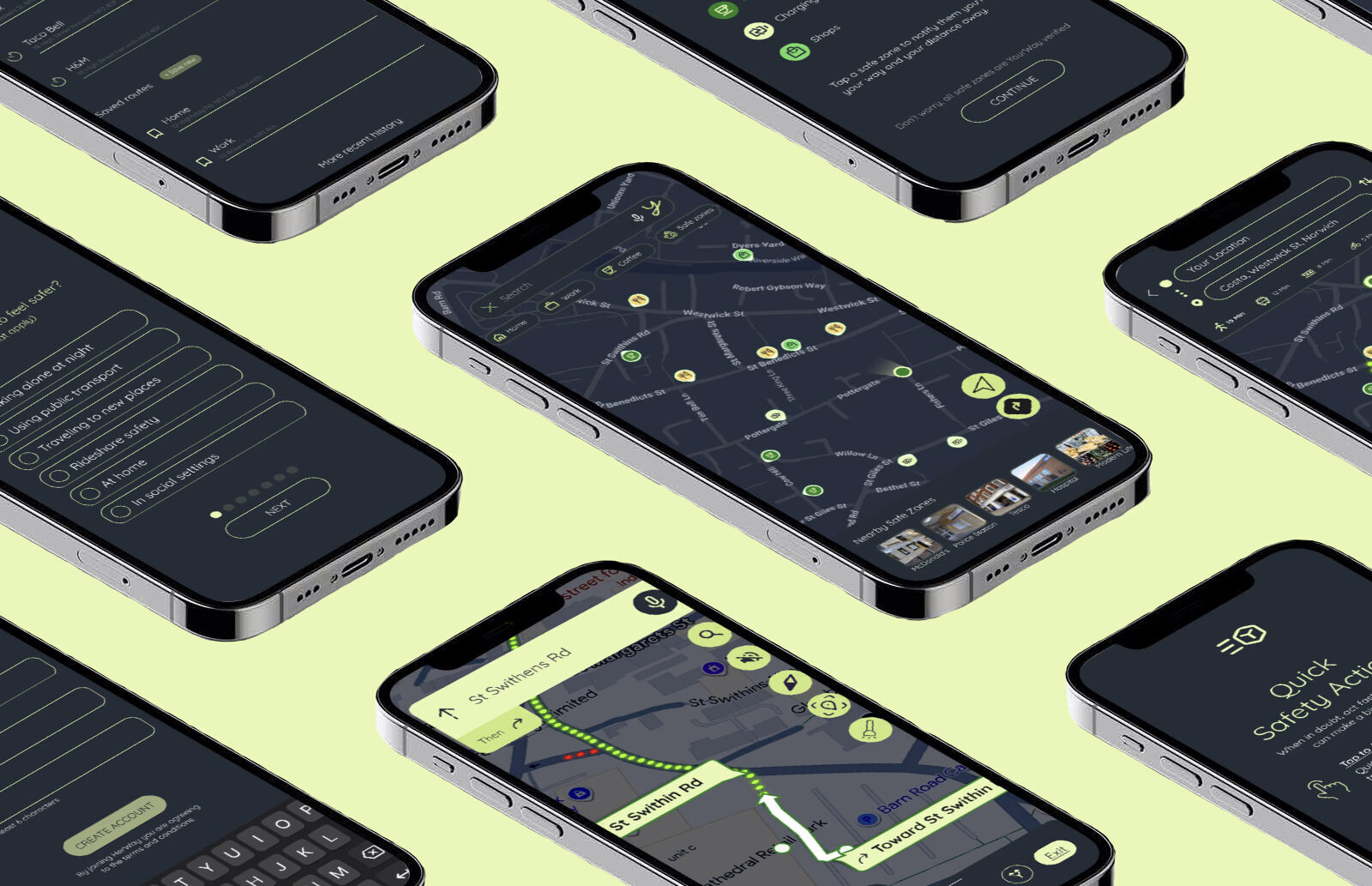 BA Graphic Communication •
BA Graphic Communication •Norwich students celebrate success at 2025 Creative Conscience Awards
Students from Norwich University of the Arts have been recognised across categories in this year’s awards, which showcase work focusing on social or environmental impact -
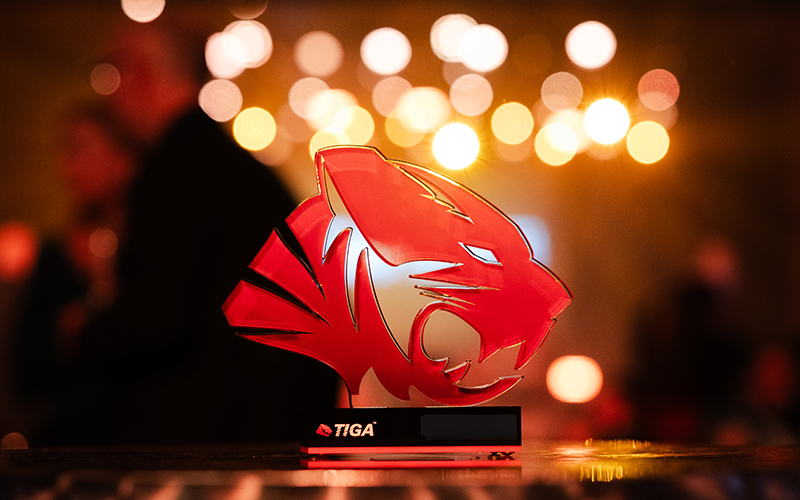 BA Games Art and Design •
BA Games Art and Design •Norwich graduates recognised at TIGA UK Games Education Awards
Charlie O'Shea, BA (Hons) Games Art and Design has been named 'Outstanding TIGA Graduate of the Year: Designer' -
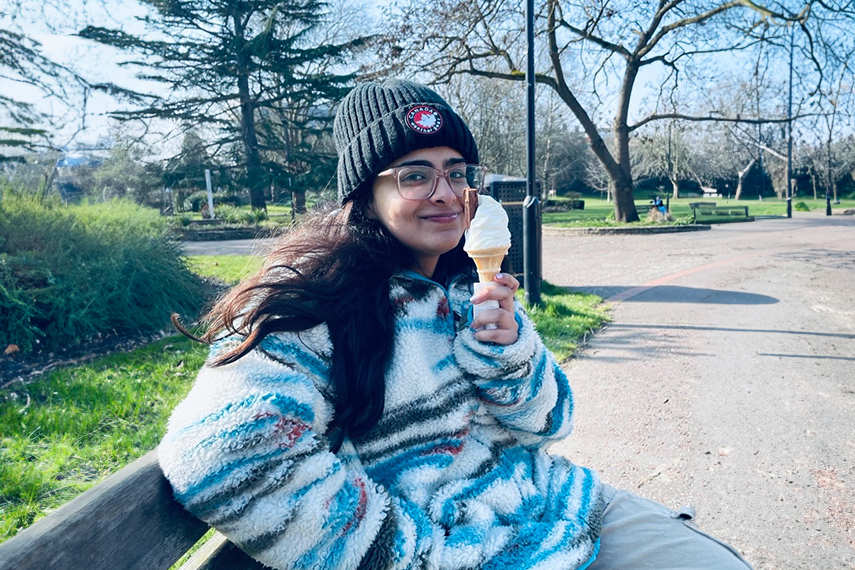 BA Film and Moving Image Production •
BA Film and Moving Image Production •Dear future international students – Diya Vaya, BA (Hons) Film and Moving Image Production
Diya writes about the experience of moving to Norwich from Nairobi, and her advice to future international students. -
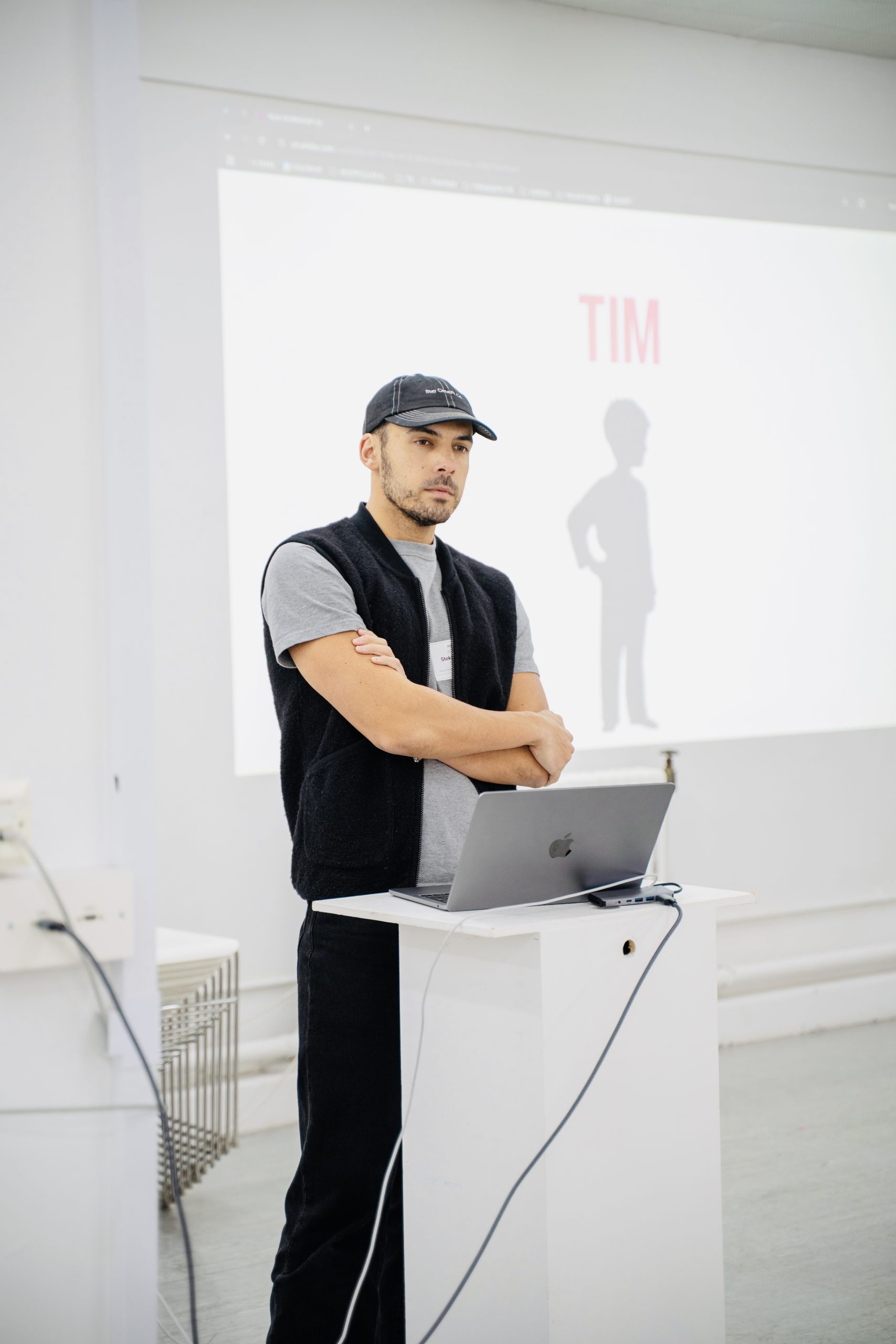 Course •
Course •Inside Interchange Week with Stokely Howard of Trendy Grandad
Stokely Howard, Co-Founder and Creative Director of video production company Trendy Grandad, shares his reflections on Norwich’s cross-course collaboration week.
Related courses
Discover our courses and take the first step towards unleashing your potential
-
Visit the Advertising MA course page
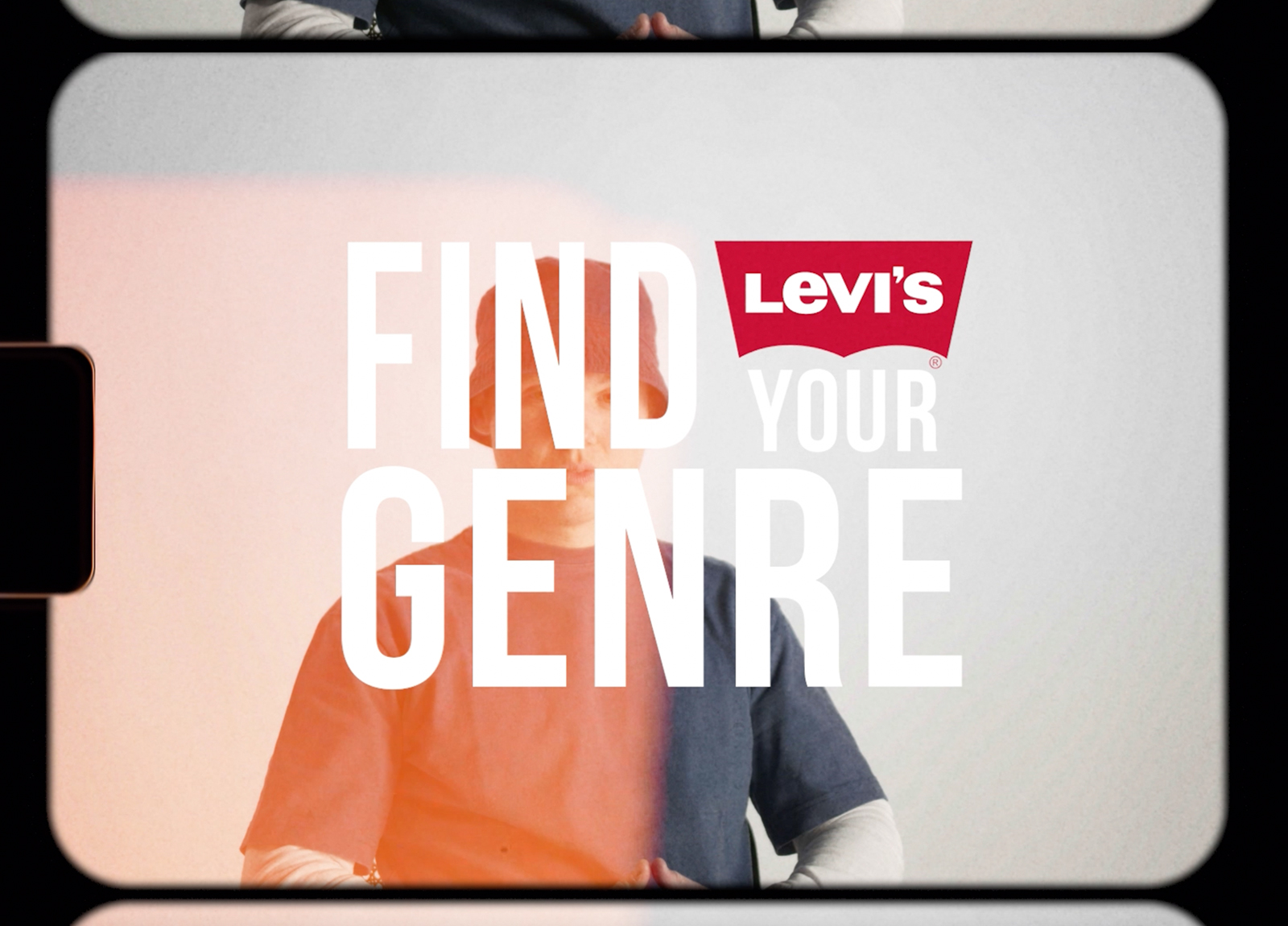
- Filter courses by study level: Postgraduate
- Filter courses by duration: Full time
- Filter courses by start month: September
- Filter courses by subject: Advertising and Marketing
Advertising MA
Discover how to apply strategic and creative thinking to create unforgettable brand campaigns that shape the future of advertising and communication design.
-
Visit the Animation MA course page
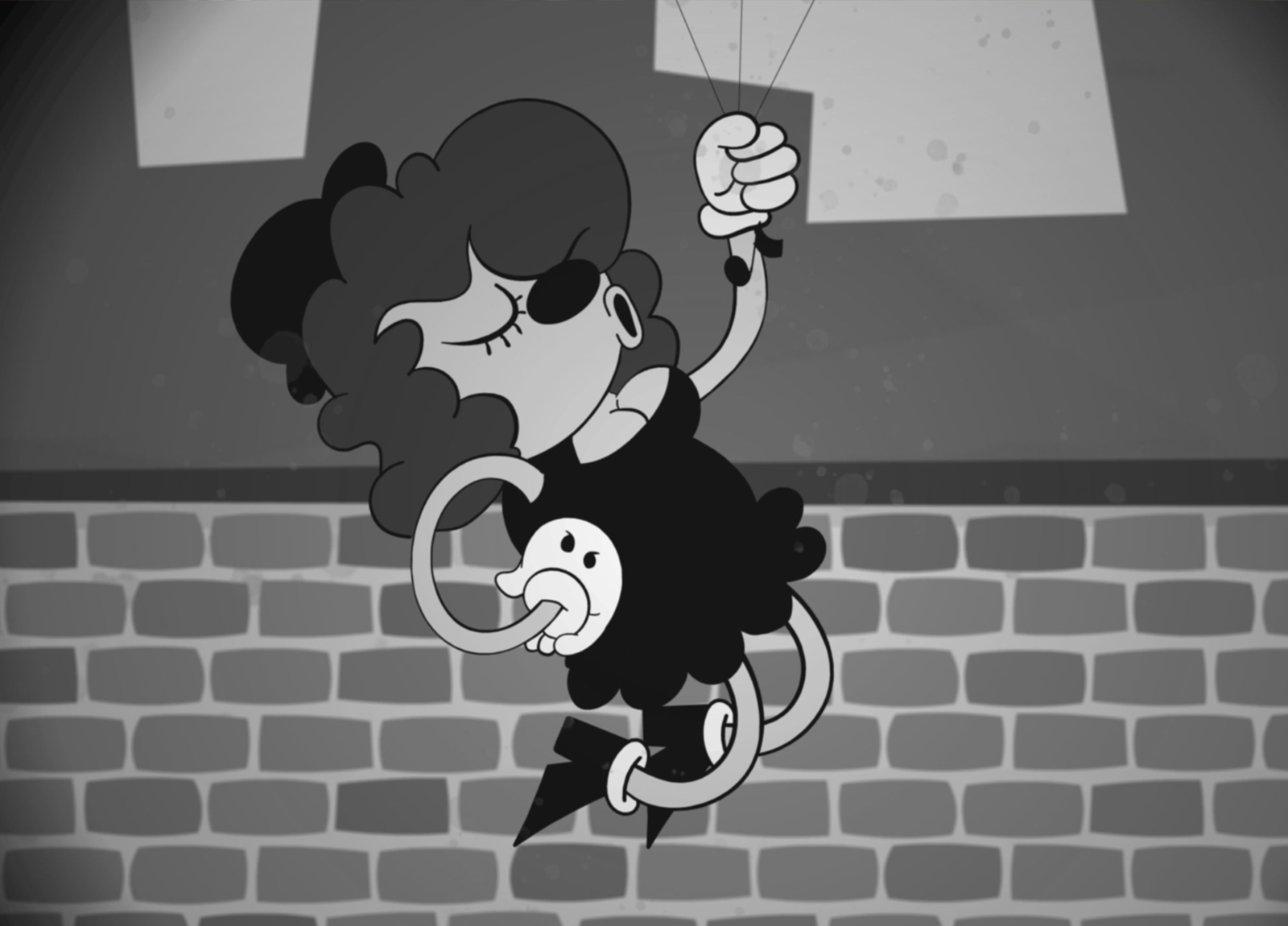
- Filter courses by study level: Postgraduate
- Filter courses by duration: Full time
- Filter courses by start month: September
- Filter courses by subject: Animation
Animation MA
Extend your creative vision and shape the future of animated storytelling through innovative animation practices and critical engagement.
-
Visit the Architecture BA (Hons) course page
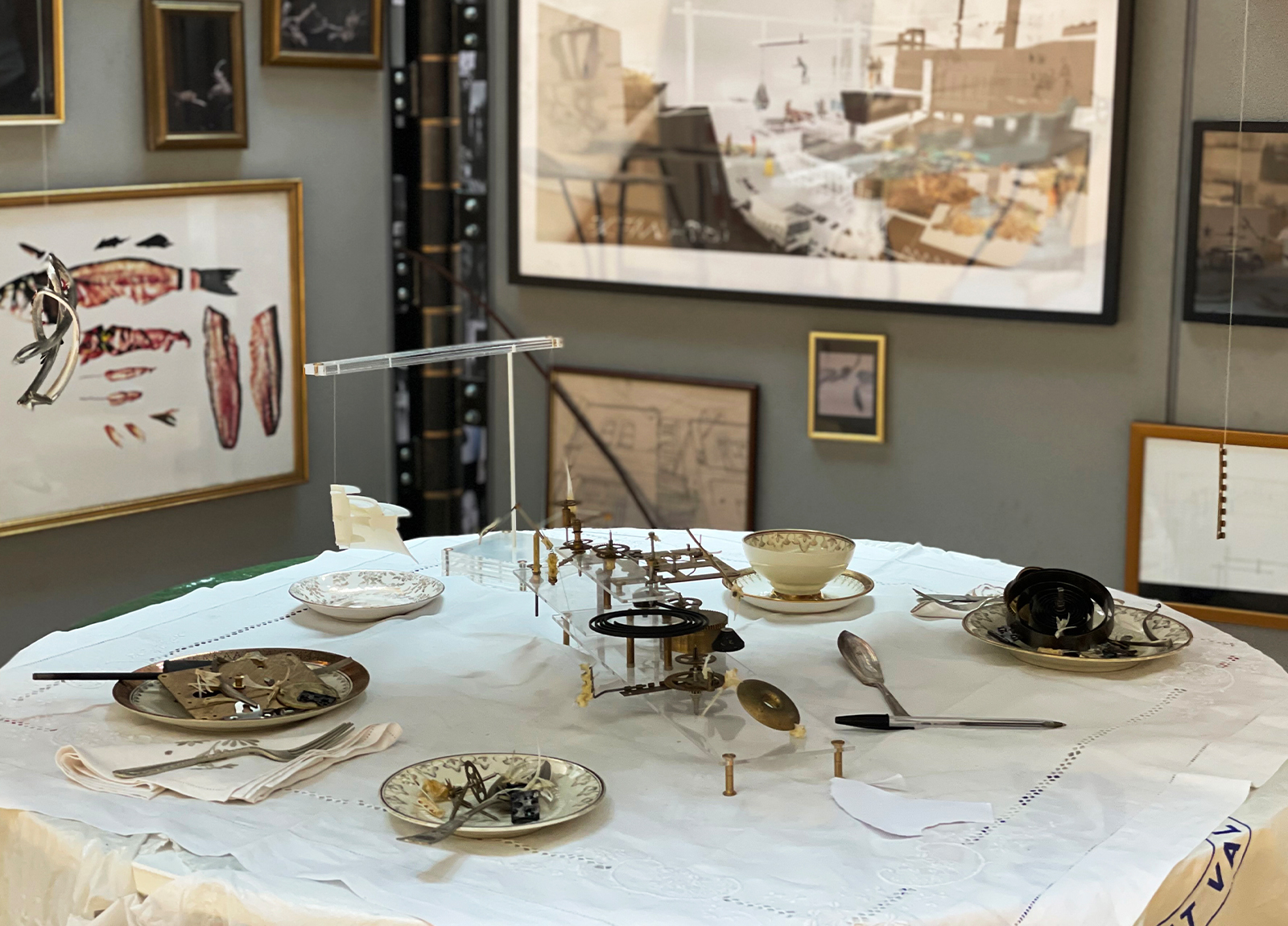
- Filter courses by study level: Undergraduate
- Filter courses by duration: Full time
- Filter courses by start month: September
- Filter courses by subject: Architecture
Architecture BA (Hons)
Push the boundaries of how we think about people, culture and the environment to create innovative and responsible design.